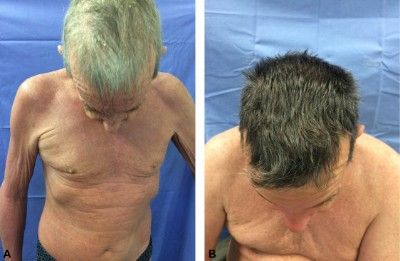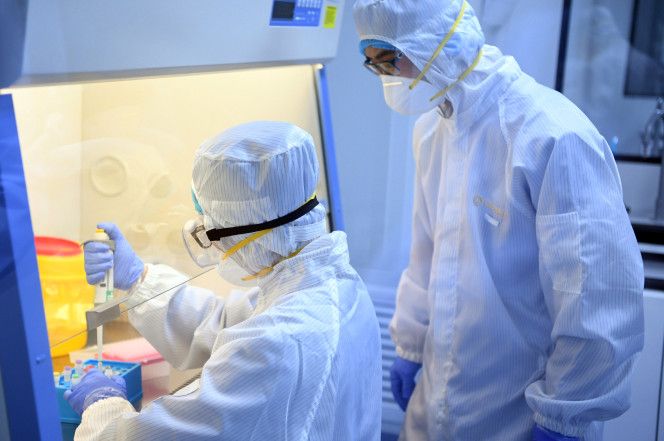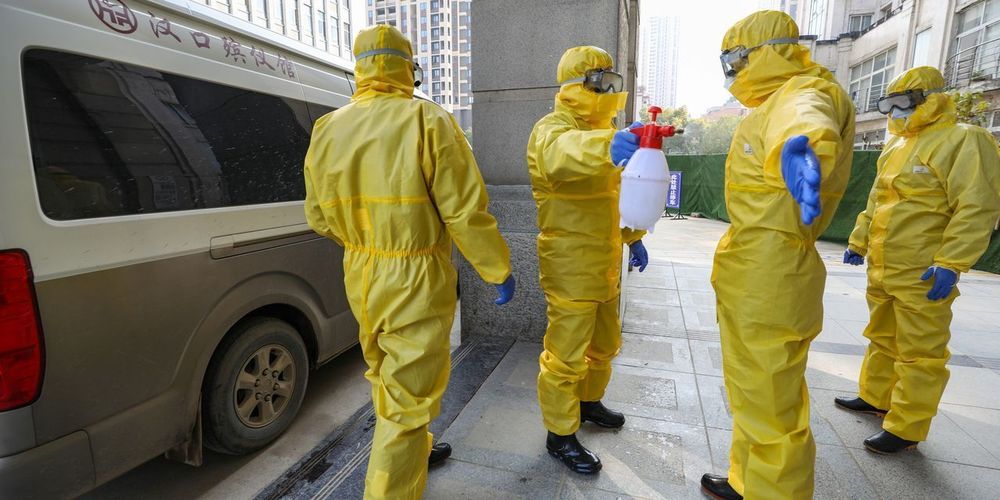A book is made of wood. But it is not a tree. The dead cells have been repurposed to serve another need.
Now a team of scientists has repurposed living cells—scraped from frog embryos—and assembled them into entirely new life-forms. These millimeter-wide “xenobots” can move toward a target, perhaps pick up a payload (like a medicine that needs to be carried to a specific place inside a patient)—and heal themselves after being cut.
These are novel living machines. They’re neither a traditional robot nor a known species of animal. It’s a new class of artifact: a living, programmable organism.
Credit: sam kriegman, UVM credit: douglas blackiston, tufts university
News Source: https://www.uvm.edu/uvmnews/news/team-builds-first-living-robots
Watch technology news at https://www.youtube.com/playlist?list=PLK2ccNIJVPpB_XqWWq_oaZGIDzmKiSkYc






